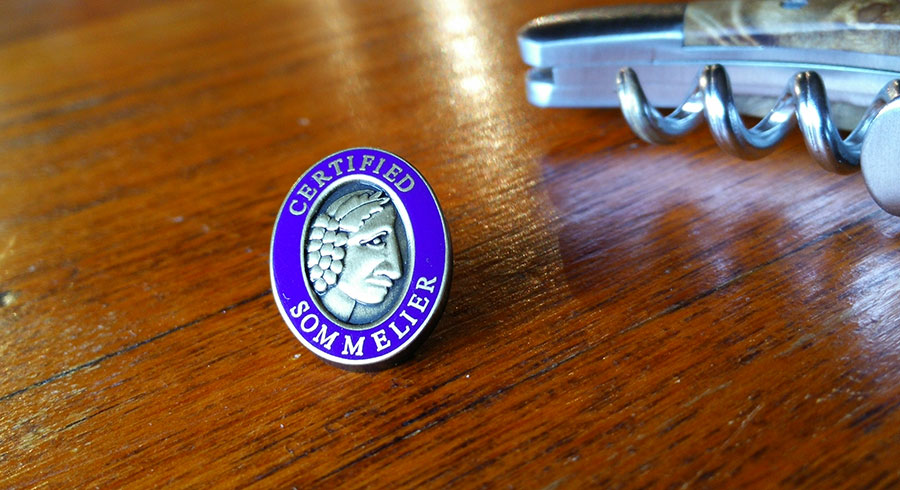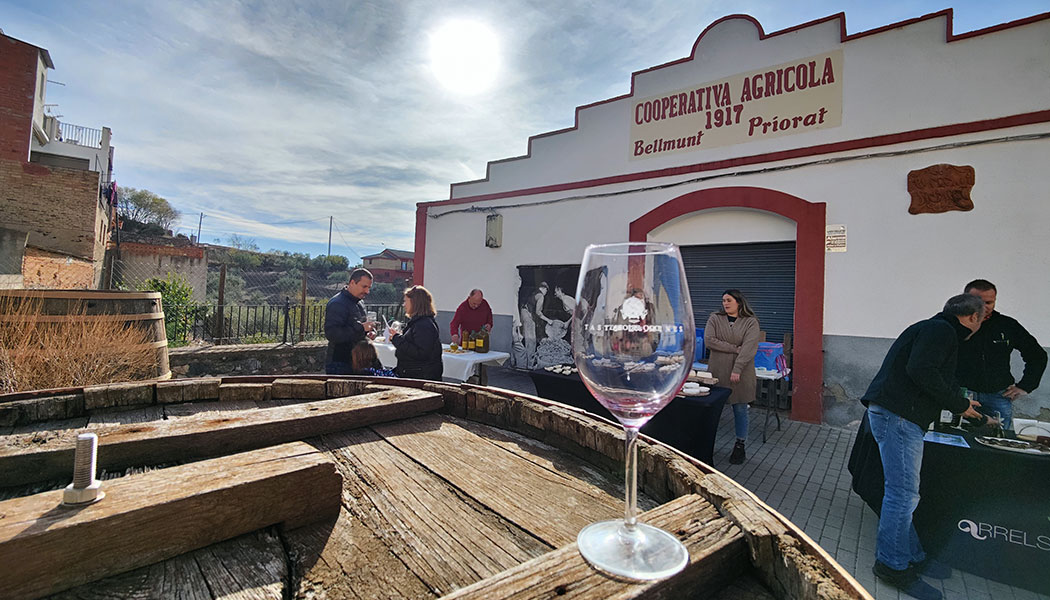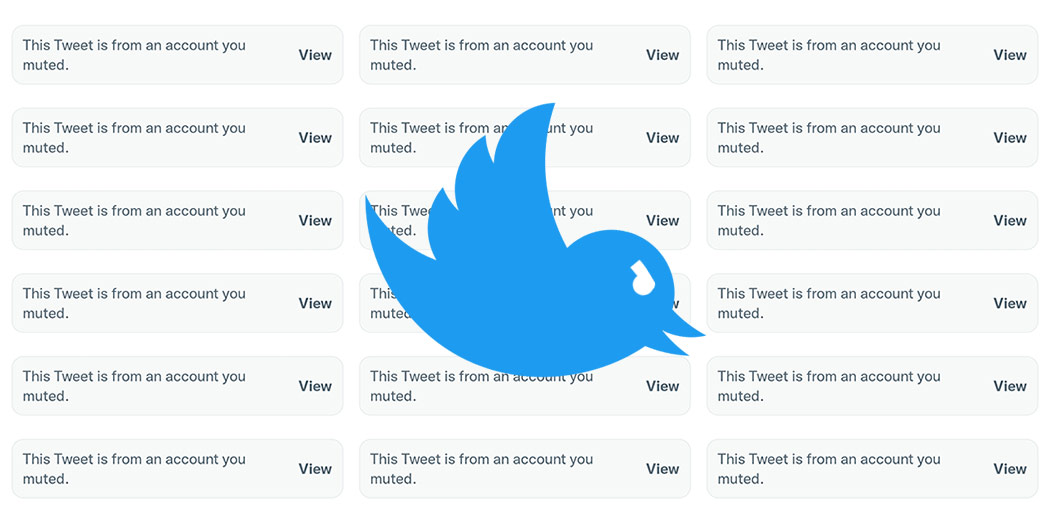It’s probably the case that you’ve picked up a bottle of wine and looked at the back label to read more about it. There, various words have been strung together to describe the wine which leave you scratching you head because you’ve never found ‘pencil shavings’ or ‘crushed blackberries’ or ‘chalk’ in the wine that you drink. To you it generally tastes like how fermented grape juice should taste and you like this. Why can’t they just saw, “Damned fine wine to have on your anniversary” or “Got lamb? Get this wine.” or the even more succinct, “Drinky drinky, bitch.”
I’ll let you in on a little secret, 99.99% of tasting notes for wine are complete bullshit. Those that aren’t, merely provide a shorthand method for people in the wine trade to explain a wine to another professional.
Let’s look an example which in this case would be for a wine called, “Chateau Chunder”:
“Medium plus body with high alcohol, dark ruby in color with aromas of prune, fig, toasted wood. In the mouth it holds medium high alcohol with medium acidity and in addition to the prune notes, the wood is more pronounced with a pinch of smoked meat that can be detected. Medium finish and a wine that’s definitely ready to drink now.”
Anyone who has studied wine would read that profile and probably be able to see that I’m describing an upper-end Australian Shiraz that’s probably from the Barossa Valley. Should that mean anything to you? No, not really and given this, I assume it’s why tasting notes in Catalan, Spanish, French, and probably other languages have taken on strange aspects that read more like a tribute to the wine and humanity at large than anything actually useful to the consumer.
The best part of most of these ridiculous notes is that you can write them yourself and don’t worry if you feel like it will be difficult because the trick is, just write more! So let’s see how Chateau Chunder would be written up in terms of a more “flowery” wine review.
- Pick out a classic quote that has nothing to do with the wine. You’re best off sticking to Greek or Latin quotes but in this case, I’m going to go with a little Charles Dickens.
- Find a short story to begin your “note” but keep in mind that it should have nothing to do with wine but it’s crucial that you include it to make what you write seem accessible.
- Talk about the wine without talking about the wine. If you’re a guy, compare the wine to a woman. If a woman, compare it to a guy. If old, compare it to youth. If young, compare it to not having your head in your ass. Sexualizing wine is always a winner.
- Actually talk about how you sense the wine but make sure to do it in terms that contradict one another and that don’t mean anything. “Bold yet subtle”, “Brilliant yet brooding”, “White yet black” are all perfect for this.
- Close with the fact that you like the wine. Nothing fancy here, just say that you like it and try to add in something useful, but just one point at most.
With these five simple steps in mind, let’s pull all of it together and talk about our amazing wine mentioned previously.
Chateau Chunder
“It was the best of times, it was the worst of times, it was the age of wisdom, it was the age of foolishness, it was the epoch of belief, it was the epoch of incredulity, it was the season of Light, it was the season of Darkness…”
It was warm recently, hot even and despite getting up early to rip the bidet out of the bathroom, summer let me know if was here. Sweat pooled and dripped on my tools as I selected the weapons needed for the job.
I had spent days planning the event. This bidet, this intruder in an otherwise functional bathroom needed to go. It was in the way of all aspects of bathroom life and so I strolled outside and with a heavy hand, cut the water main to the house.
Two pipes were sealed. A sewage line cut and plugged. Then, with a mighty heave, the bidet was gone and while it left an empty spot in the bathroom, it opened up a new world of opportunity.
And so we come to Chateau Chunder. This wine from down under fills my soul with its feminine spirit and flows with an earthly energy that reminds me of how Gaia must gaze upon our world. I marvel in how well-traveled this bottle is and the thousands of kilometers she has hidden within her inky depths to have arrived in my waiting hands.
These silky yet earthy contents drift down in to the glass, seducing and enchanting me. I stare in wonder at this pure delight, this gift that sits in front of me. I inhale of its aromas, so delicate and bold, masculine and feminine, intertwined yet completely individual. Such luxury should be shared but I can’t find it within myself to offer this treasure to anyone else as I taste it.
The seduction is complete. My mouth a slave to its textures and wonders and I take in all that it offers. I feel that my satisfaction of taking from this wine is felt by the wine itself as it sits, looking at me, one glass less, yet with a knowing grin sitting just above the label.
To say that I love this wine is an understatement so grand that, in its simplistic irony, I find everything said and every emotion that washes over me expunged, elevated, and so, so eviscerated. –95 points





I’ll stick with my brief and to the point trade code I think :)
French tasting notes seem to include an enormous amount about food – probably because the key market seems to be sommeliers who then have to convince diners to chose a bottle. Every winemaker gets straight to the point and describes the perfect meal, usually foie gras, which I don’t eat – which strikes me as a home goal – if the wine is perfect with a food which I don’t eat – would I ignore the wine?
And lost in translation – what is a compliment in English, when translated into French can cause offence….. so maybe just the enthusuiastic scene of DIY followed by glugging down a glass of Chateau Chunder is all the majority of people can cope with – is it drinkable – hint of femininity and seduction after a day flexing muscles…..
Yes, I’ve noticed this in French sommeliers that I’ve had on tasting panels as well as a group I sat with at a judgment in Lyon this year. I respect the fascination with food but at the same time it’s as you say, in French foie gras is the ultimate, 100 point pairing for some reason. Probably why “Parker Points” have never caught on in Croissant Land.